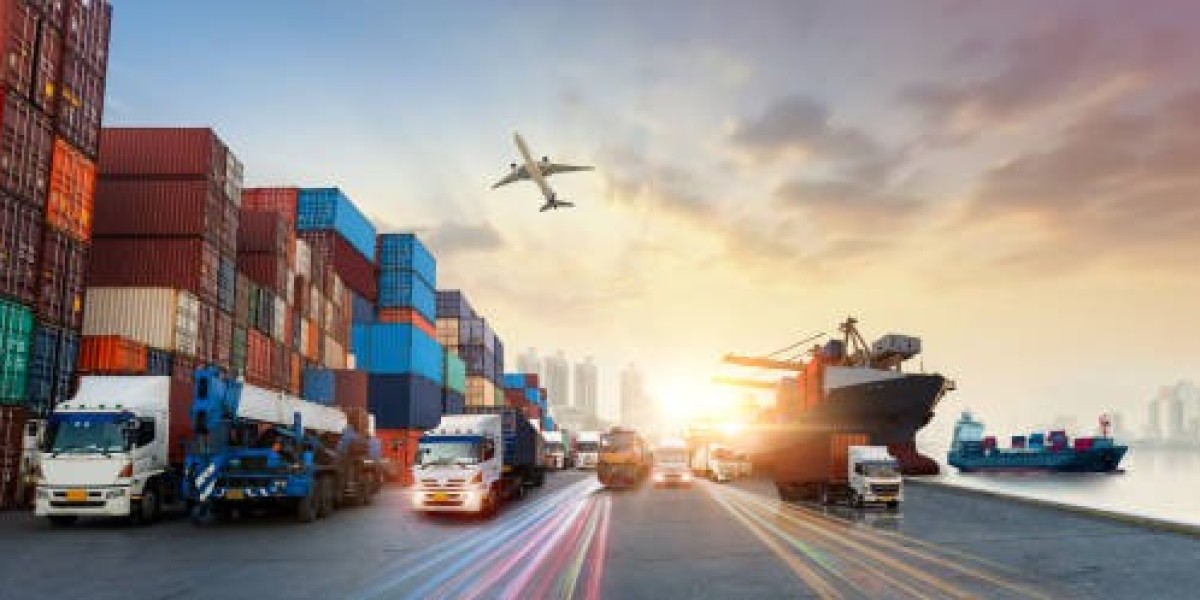Understanding Ocean Freight and Its Importance
Ocean freight refers to the transportation of goods by sea using large cargo vessels. It is one of the most commonly used methods for moving bulk goods and heavy shipments across long distances. From raw materials and industrial equipment to consumer products and perishables, ocean freight supports industries of all kinds.
What sets ocean freight apart is its ability to handle high volumes at lower costs compared to air or road freight. It also offers the advantage of serving global trade lanes, making it the preferred mode for intercontinental trade. For exporters and importers alike, ocean freight provides a stable and scalable logistics solution.
Services Offered in Ocean Freight
Companies such as Masagaia specialize in providing end-to-end ocean freight services that encompass a wide range of offerings. These include Full Container Load (FCL), Less than Container Load (LCL), temperature-controlled shipping, port-to-port and door-to-door deliveries, customs clearance, and warehousing support.
FCL is ideal for businesses shipping large quantities that can fill an entire container. LCL, on the other hand, allows multiple shippers to share container space, making it a cost-effective option for smaller shipments. By offering both FCL and LCL services, Masagaia ensures flexibility and efficiency for its clients, regardless of the size of the shipment.
The Role of Ocean Freight in Supply Chain Efficiency
A well-managed ocean freight solution can greatly enhance a company's supply chain. Through streamlined documentation, effective container tracking, and optimized route planning, businesses can reduce transit times, prevent delays, and maintain inventory flow. This is especially important for companies with time-sensitive delivery schedules and global distribution networks.
Ocean freight also contributes to sustainability goals. Compared to air transport, shipping by sea produces fewer carbon emissions per ton of cargo. Masagaia, for instance, promotes eco-conscious logistics practices by collaborating with shipping lines that invest in energy-efficient vessels and green port operations.
Ocean Freight Challenges and How to Overcome Them
While ocean freight offers numerous advantages, it also comes with challenges such as port congestion, weather disruptions, and documentation complexity. Delays at loading and unloading terminals can have ripple effects on delivery schedules. Moreover, international trade involves navigating complex regulations and customs procedures that vary from country to country.
This is where the expertise of logistics partners like Masagaia becomes essential. With a skilled team and advanced digital tools, Masagaia helps clients navigate regulatory requirements, track shipments in real-time, and manage documentation with accuracy and compliance. Their proactive approach to problem-solving ensures a smoother shipping experience even in the face of unexpected disruptions.
Technology in Modern Ocean Freight
The ocean freight industry is undergoing rapid digital transformation. From blockchain for secure transactions to AI-powered route optimization, technology is enhancing the transparency and speed of ocean shipping.
Masagaia is committed to embracing these technological advancements. Their digital platforms provide customers with real-time visibility into their cargo movements, automated alerts, and performance analytics. This level of transparency helps businesses make data-driven decisions, mitigate risks, and maintain a competitive edge in global markets.
Custom Solutions for Diverse Industries
Ocean freight needs vary significantly based on industry. For instance, automotive companies may require specialized containers for heavy machinery, while food and beverage firms need refrigerated containers for perishable goods. Retailers may seek faster transit times and precise delivery scheduling to align with seasonal sales.
Masagaia offers tailored ocean freight solutions based on industry-specific requirements. Whether it’s handling oversized cargo for the construction sector or ensuring cold chain integrity for pharmaceuticals, the company brings a consultative approach to logistics management.
Why Choose Masagaia for Ocean Freight
As a trusted name in logistics, Masagaia combines global reach with local expertise. Their partnerships with leading ocean carriers, port authorities, and customs agents enable seamless end-to-end service. Clients benefit from:
Transparent pricing with no hidden costs
Customized routing and scheduling
Secure and compliant cargo handling
Dedicated account management and customer support
Masagaia's commitment to reliability, innovation, and customer satisfaction makes them a preferred partner for businesses of all sizes.
Frequently Asked Questions about Ocean Freight
What types of goods can be shipped via ocean freight?
Ocean freight can accommodate a wide range of cargo including raw materials, electronics, food products, chemicals, textiles, and heavy machinery. Specialized containers are available for temperature-sensitive or hazardous goods.
How long does ocean freight take compared to other transport modes?
While ocean freight generally takes longer than air freight, it is significantly more economical for bulk shipments. Transit time depends on factors such as the origin, destination, shipping route, and weather conditions.
What is the difference between FCL and LCL?
Full Container Load (FCL) means the entire container is used by one shipper. Less than Container Load (LCL) involves combining multiple shipments from different shippers into one container. FCL is usually faster and safer, while LCL is more cost-effective for small loads.
Is ocean freight environmentally friendly?
Ocean freight has a lower carbon footprint per ton of cargo compared to other transport modes, particularly air freight. Many shipping companies are now adopting cleaner technologies to further reduce emissions.
What documentation is required for ocean freight?
Essential documents include the bill of lading, commercial invoice, packing list, certificate of origin, and customs declarations. Logistics companies like Masagaia assist clients in preparing and managing all necessary documentation.
Can I track my shipment during transit?
Yes, most ocean freight providers offer real-time tracking systems. With Masagaia, clients receive regular updates and can monitor their cargo’s location and estimated arrival through a user-friendly dashboard.
How does ocean freight handle customs clearance?
Customs clearance involves inspection and approval of shipments by government authorities. Masagaia’s team ensures that all paperwork is accurate and submitted promptly to prevent delays and penalties.
Conclusion
Ocean freight continues to be the backbone of international trade. Its ability to transport vast quantities of goods efficiently and affordably makes it indispensable for modern businesses. With expert partners like Masagaia, companies can unlock the full potential of ocean freight by leveraging customized solutions, advanced technology, and expert support.
As global trade evolves, investing in a reliable ocean freight strategy is not just an operational necessity—it’s a strategic advantage.








